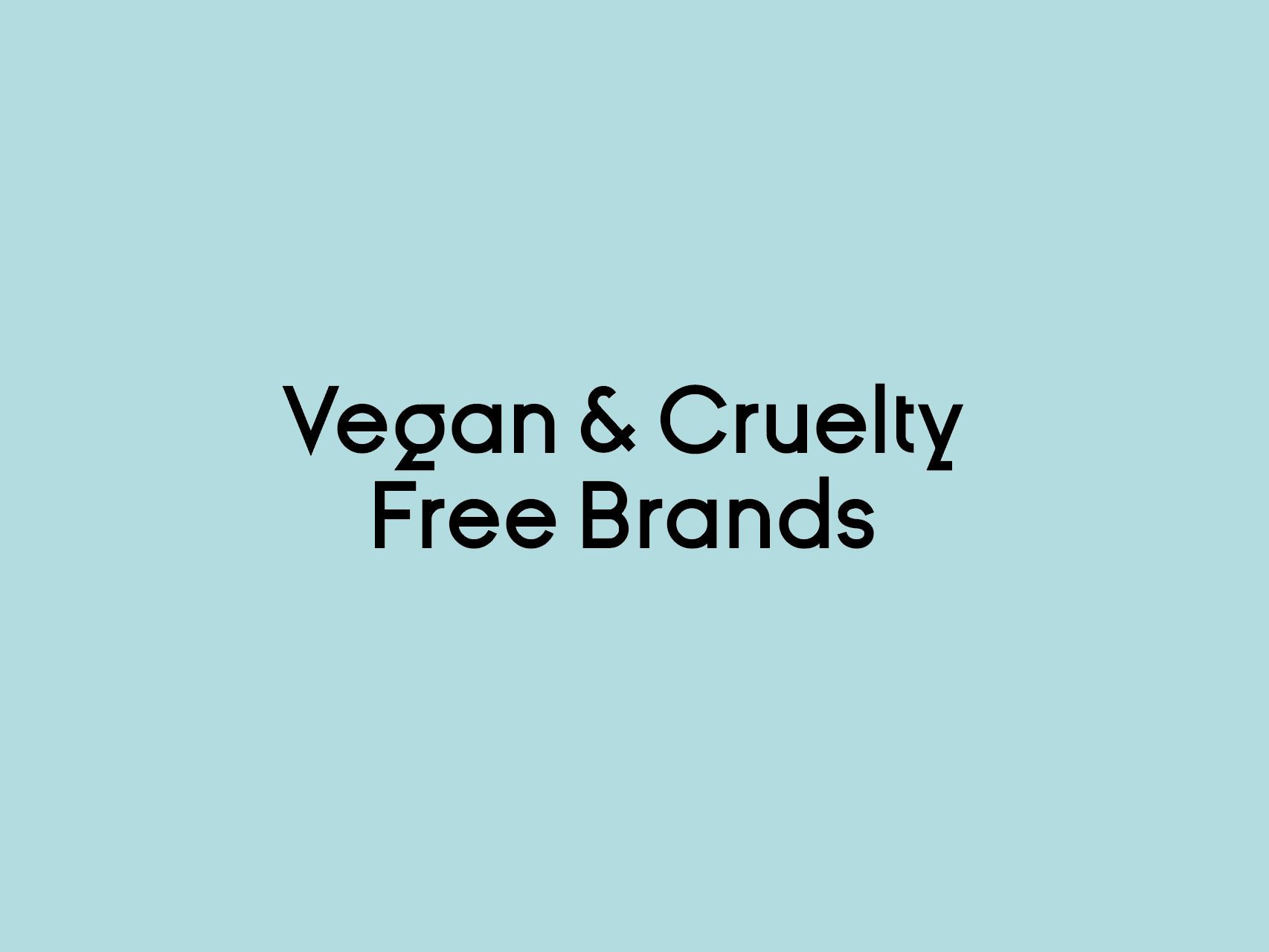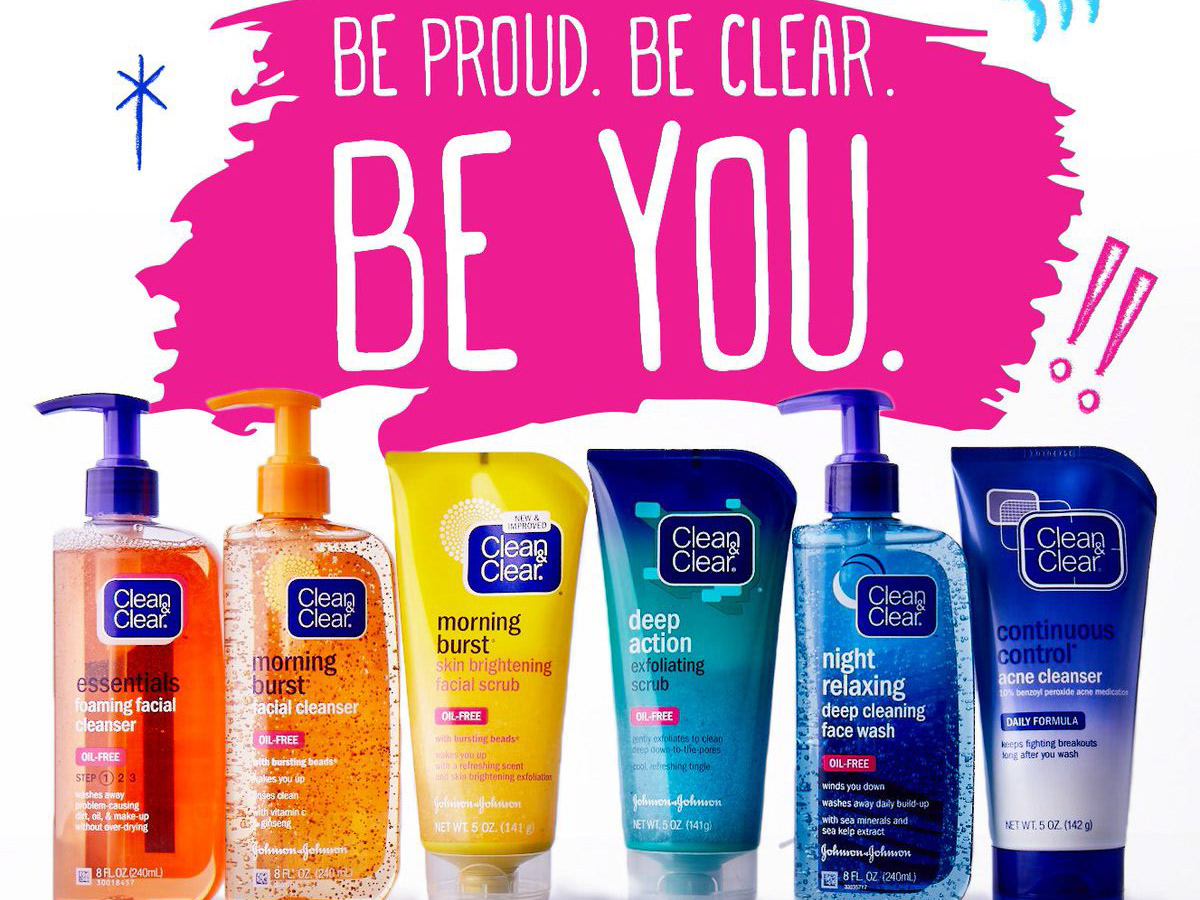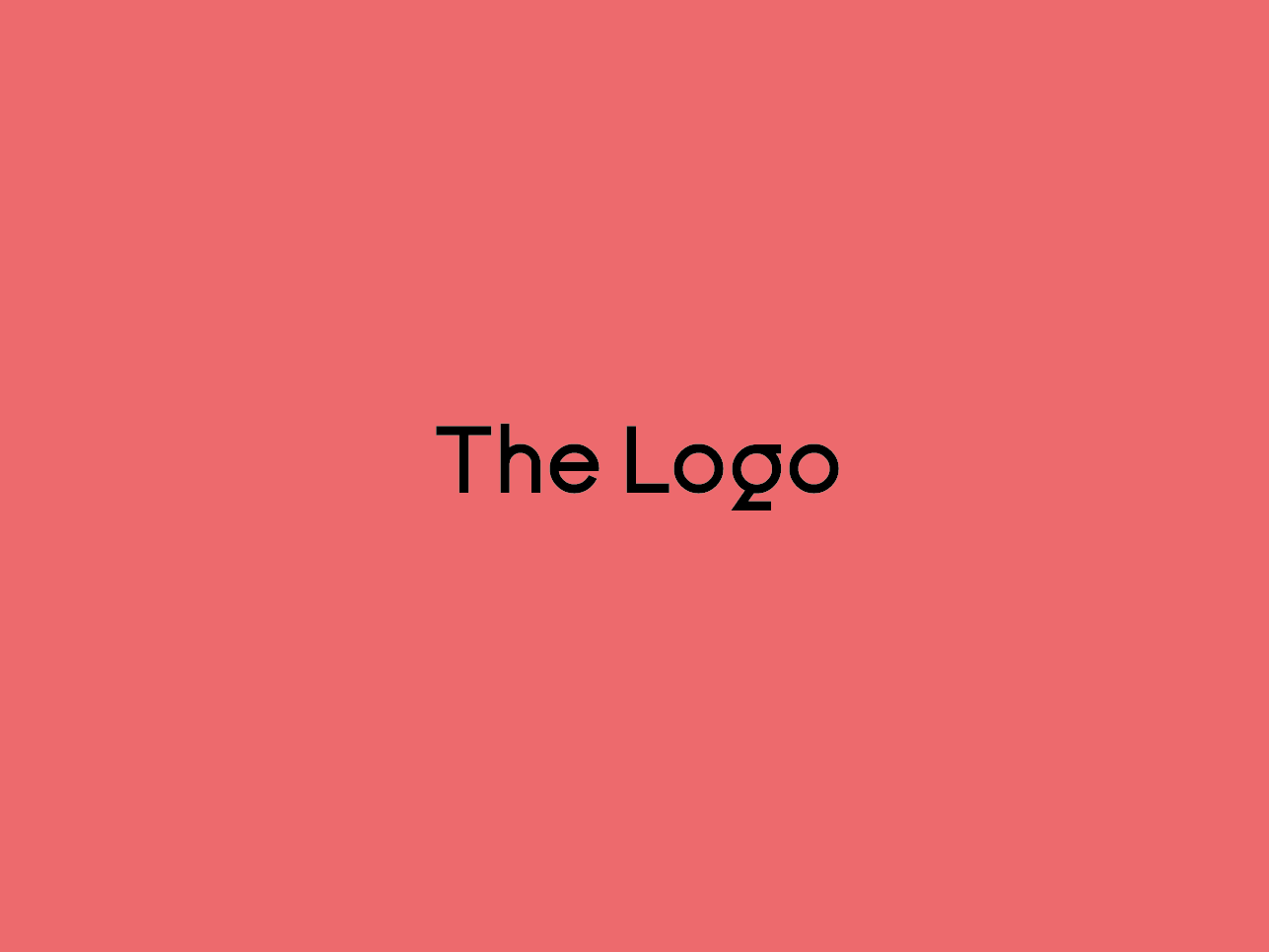The Skincare Industry
The Skincare industry is a industry within the Beauty industry and according to a report called Beauty Industry Analysis 2019 - Cost & Trends, Franchise Help, the Skincare industry is the second biggest segment in the beauty industry, with 23.7% of the market share revenue. The skincare industry is growing massively and according to Coventry Telegraph
"BOOTS said demand for its skincare ranges helped boost UK sales despite a "difficult" retail environment." and followed with "Its UK health and beauty arm saw like-for-like sales rise 1.3 per cent in the year to March 31..." (Skincare rise: Briefing business, May 2009.) In agreement, "The market study reveals that the global skincare product market is expected to grow at a CAGR over 4.58 percent during 2018-2025 in terms of value. The market is expected to reach over USD 1,840,400 Million by 2025." (ResearchAndMarkets.com, Oct 18.)
The Skincare industry includes everything from your basic face wash to toners, exfoliants and targeted treatments such as anti-aging products. From my own experience working for an online skincare shop, I know that the skincare industry is a very competitive industry with so many brands and ranges of products available for people to buy and use. To stand out, celebrity endorsement is quite a popular technique used within the skincare industry. This encourages people who know and like the particular celebrity to try the products they're advertising. "Advertisements with celebrities as endorsers have been found to be more effective compared to advertisements with non-celebrity endorsers" (Justin Paul & Shailja Bhakar, 2018, however the celebrity's image needs to be consistent with the desired product image, (Walker, M., Langmeyer, L. and Langmeyer, D., 1992. )
Who's Buying Skincare?
To initiate my project, I designed a short survey of 5 questions to gain a quick idea of who buys skincare. It was clear from the results that people whom are passionate and will spend money on their skincare routine are predominantly women between the ages of 35-54. Although there were some females between the age of 18-24 who said they spend over £20 on their skincare, 13 out of the total 16 females between 18-24 years old voted the lesser amounts when it came to now much they would spend on their products. Although only 8 males took part in my survey, it is clear from the results I gained and my general knowledge from working in the skincare industry that men aren't as passionate about their skincare as it seems women are. By having a clear understanding of my target audience, I will be able to produce a better suited brand when it comes to the design stage of this project.
See Results Here: https://www.surveymonkey.com/results/SM-VPPZ6TJQ7/
However in constant to my survey, I found in an article written by Peter Born for WWD, "Women's Wear Daily, How Instagram and a New Zeitgeist Are Driving Skin Care’s Growth", the skincare industry has seen massive growth of interest in the millennials and according to Jane Herzmark Hudis, group president at Estée Lauder Cos. “When you add the Millennials to the ageless [those over age 45] you get explosive growth.” This could suggest that when designing my own skincare brand, considering a target market of one that covers both millennials and the older generation may lead to a more successful brand.
According to Jess Southall, Founder of 'Beautythings Ltd' and beautician in an interview I conducted, she believes that from her own experience, the majority of her clientele are "women aged 30 and above with the occasional woman under 30 and man age 40 and over." which corresponds to my findings from my survey, However; M. Shahbandeh believes that "The skin care industry has witnessed a shift from demand from older consumers to a growing younger consumer base." Global skin care market size 2012-2025, Sept 2019, He also follows with "People are beginning to use skin care at an increasingly young age in a bid to delay the signs of aging, while the number of older consumers is beginning to fall", M. Shahbandeh, 2019.
References
Who buys skincare?, Oct 2019 https://www.surveymonkey.com/results/SM-VPPZ6TJQ7/
WWD: How Instagram and a New Zeitgeist Are Driving Skin Care’s Growth, Peter Born, July 2018
Jess Southall, interview
M. Shahbandeh, Statista, Global skin care market size 2012-2025, September 25, 2019 https://www.statista.com/statistics/254612/global-skin-care-market-size/
Beauty Industry Analysis 2019 - Cost & Trends, Franchise Help, https://www.franchisehelp.com/industry-reports/beauty-industry-analysis-2018-cost-trends/
Skincare rise: Briefing business. (2009, May 19). Coventry Telegraph Retrieved from https://search.proquest.com/docview/332614269?accountid=15133
ResearchAndMarkets.com Releases Report on the Global Skincare Product Market. 2018. Entertainment Close - Up
Justin Paul & Shailja Bhakar (2018) Does Celebrity Image Congruence Influences Brand Attitude and Purchase Intention?, Journal of Promotion Management, 24:2, 153-177, DOI: 10.1080/10496491.2017.1360826 .
Walker, M., Langmeyer, L. and Langmeyer, D. (1992), "Celebrity Endorsers: Do You Get What You Pay For?", Journal of Consumer Marketing, Vol. 9 No. 2, pp. 69-76. https://doi.org/10.1108/07363769210037033
Bibliography
Lars Bergkvist & Kris Qiang Zhou (2016) Celebrity endorsements: a literature review and research agenda,International Journal of Advertising, 35:4, 642-663, DOI: 10.1080/02650487.2015.1137537
Lee, J. S., & Kwak, D. H. (2015). Consumers' responses to public figures' transgression: Moral reasoning strategies and implications for endorsed brands. https://link.springer.com/article/10.1007/s10551-015-2544-1









